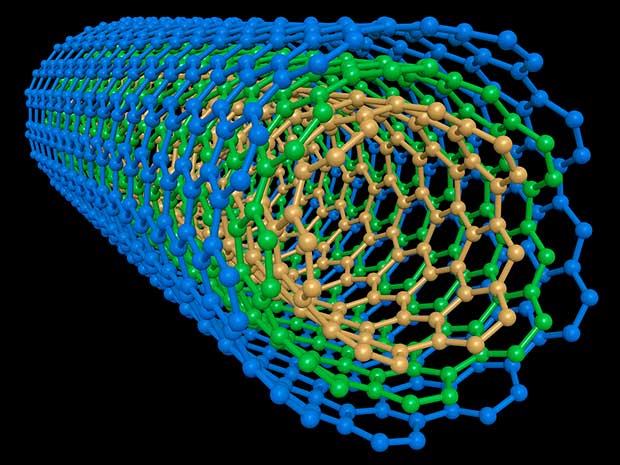
Green technology shows many unique and intriguing innovations, but a new nitrogen doped carbon-coated nickel anode could play a major role in green innovations moving forward. This intriguing anode has been developed with the purpose of catalyzing an essential reaction in hydrogen fuel cells. Given the high cost of hydrogen fuel tech that puts many off investing, the hope is that these new anodes could play a role in reducing the cost of development. It will be able to create the reaction needed at a minimal cost compared to the precious metals that are usually used in fuel cells.
Hydrogen fuel cells have long been lauded as excellent technology, but the cost of creation and usage has always been off-putting. However, the hope is that this provides an excellent balance between the efficiency and the affordability needed in any new green energy providing solution. Capable of being used to power vehicles and other common day-to-day equipment, confidence is high that this could be a real winning combination.
The development has been primarily worked on by the Hector D. Abruna and his lab and has been part of a long-running project aimed at finding active yet cost-effective catalysts that could be used in alkaline fuel cells. This discovery, though, could make the use of hydrogen fuel cells something that goes from being a hopeful solution in the future to something that can legitimately be used.
Removing the cost of precious metals is vital to hydrogen succeeding
One of the major barriers that exists when it comes to hydrogen fuel cell production is the cost of the precious metals. The majority of hydrogen fuel cells so far have been using materials such as platinum, which naturally costs far more than the new alternative. Alternative options such as alkaline fuel cells can be used without the same precious metals, but they are far less efficient and produce nothing like the same performance as hydrogen is capable of.
This means that it would be hard to use these alkaline systems to replace the metal-based systems that are currently in place. Platinum is commonly used because it is an efficient catalyst, but also because it is very durable when used in acidic environments.
By creating a nickel-based electrocatalyst, though, and using a tiny shell made of nitrogen-doped carbon, the hope is that they can replicate similar effects to platinum without the massive costs involved. Hydrogen fuel cells could then utilize the anode catalyst, created using the nickel core with a carbon shell. The presence of the nickel oxide on the surface of this would allow for the hydrogen to go through at a reduced speed for oxidation.
So, while it is still being tested, this sounds like it could be a massive benefit for the long-term future of green energy. If the research team can continue to work on this to improve performance, these tiny changes could be enough to finally make hydrogen fuel cell technology a more affordable option in the years to come.
Citation
https://news.cornell.edu/stories/2022/03/carbon-coated-nickel-enables-fuel-cell-free-precious-metals